Most Venerable Thich Hue Thong
Mr. Pho Bang Nguyen Sinh Sac - father of President Ho Chi Minh , a patriotic scholar, a lover of the people, a profound Buddhist scholar, devoted his whole life to the Fatherland, people, homeland...
He was a famous intelligent person, praised by the Sen village as "Nam Dan Tu Ho:
The most learned person is San (Phan Van San, also known as Phan Boi Chau).
Talent is not as good as Quy (Duong Thuc Quy),
The strong are not as strong as the weak (Tran Van Luong),
Intelligence is not as good as beauty (Nguyen Sinh Sac)”.
In 1901, he passed the Pho Bang exam and enjoyed the privileges of a doctorate degree, and had a ceremony to return home to pay respect to his ancestors. After twice refusing to become an official, the Nguyen Dynasty Court forced him to go to the capital to take up the position of Minister of Rites in 1906. During his life, he often said: "The officialdom is a slave, the middle is a slave, and then a slave."
In May 1909, the Royal Council and the Central Region Resident appointed him as the District Governor of Binh Khe.
In 1910, Cu Sac left the officialdom and traveled to the South to spread patriotism among the people.
He was the one who guided Nguyen Tat Thanh (Ho Chi Minh) to go find a way to save the country. During the time when Cu Sac and Nguyen Tat Thanh met before Nguyen Tat Thanh left to find a way to save the country, Nguyen Tat Thanh said: “Father, your health has declined a lot recently. You have sacrificed for me for many long years, raised and educated me, guided me every step of the way in life. Now that I am this old, I have not had time to repay you. I am truly unfilial. I cannot rest in peace when I leave.
He said: "If the country is lost, then worry about saving it. You only have one thing to do. Saving the country is filial piety to your father. Be brave and go. I will only stay around Saigon to wait for news of you."
You should not be so soft-hearted. My suffering is not as great as the suffering of our people. The humiliation of our father and son is not as great as the humiliation of the country. There is no humiliation greater than the humiliation of losing the country. We must find a way to save the country and save the people. Although Uncle Giai San and Pho Bang Trinh are younger than me, they have done things that I have not been able to do. Although they have not succeeded, they have shocked the whole country and awakened everyone. I hope that your young generation can go further. You are better than me, so the family is blessed. Uncle Giai San has taken the road to the East, but the Japanese have not really helped us. As for China, they have not finished their work yet, so how can they help us? You should find another way."
Altar of Vice-Chancellor Nguyen Sinh Sac and President Ho Chi Minh at Hoi Khanh Pagoda
During his journey to the South, Mr. Sac chose the pagoda as his residence, often discussing with high monks, spreading patriotic ideas among the people. In 1923, Mr. Sac came to Thu Dau Mot and Hoi Khanh pagoda together with Venerable Tu Van and Mr. Tu Cuc Phan Dinh Vien to establish the Patriotic Honor Association, the purpose of which was to spread patriotic ideas, teach, help people in prescribing medicine to treat diseases...
Currently, he left a parallel sentence at Hoi Khanh Pagoda: "Great Dao Quang Khai..." and books, a compass for geomancy, and a medicine table. Mr. Sac was a person with profound knowledge of Buddhism, often discussed with high monks and was interested in the Buddhist revival movement. He took refuge in the Three Jewels and became a Buddhist follower with Venerable Hong Dai - Buu Phuoc at Sung Phuoc Pagoda, Chau Ho, Phnom Penh on August 24, 1922 with the dharma name Nhut Sac Tu Thien Thanh, belonging to the 41st generation of Lam Te Gia Pho.
Imbued with Buddhist ideology, he once wrote letters to his hometown, advising his people to follow Buddhism (This letter fell into the hands of Vinh secret police and they reported it to the Central Region Resident on September 8, 1927)... this clearly showed his thoughts on Buddhism, when Mr. Phan Trong Binh (son of Tu Cuc Phan Dinh Vien), a revolutionary from Guangzhou, came to see him, he said: "If you want to liberate the nation, you must follow Buddhism" (according to Ha Huy Giap).
His love for Buddhism lasted until his last breath. He also wished to die in a temple and be buried in the temple grounds (his tomb is currently located in the land of Hoa Long temple, Cao Lanh).
During his time in Thu Dau Mot, because secret agents were always following him, he often traveled to many places such as Tuong Binh Hiep, Tan An, Tan Khanh... Here, the people had a strong image of a dear and lovable scholar from Nghe An with a black ao ba ba close to the people, prescribing medicine to treat illnesses whenever people needed it, exchanging medical knowledge with famous physicians in Thu Dau Mot at that time.
In 1926, Mr. Sac was suspected of being involved in politics by the authorities and was temporarily detained for three days at Thu Dau Mot Prison. They gave the following reasons: "Code A11377, Nguyen Sinh Sac, father of Nguyen Ai Quoc, is a dangerous subject who had participated in underground movements of patriotic scholars in the past." That was the secret telegram sent by the Central Secret Police Chief to various places to search for him. After leaving Thu Dau Mot Prison, he returned to Hoi Khanh Pagoda with Mr. Tu Cuc Phan Dinh Vien to leave the pagoda to ensure the safety of Hoi Khanh Pagoda and the Patriotic Honor Association. That is the noble quality of a patriotic scholar, always knowing how to value the lives of others as well as his own life.
Painting of Nguyen Sinh Sac prescribing medicine for people. Source: dongthap.gov.vn
After leaving Hoi Khanh Pagoda and Thu land in 1926, he occasionally returned with monks and patriots to discuss issues of saving the country and people from French colonial slavery.
The event of the establishment of the Patriotic Honor Association by Vice-Principal Nguyen Sinh Sac at Hoi Khanh Pagoda was mentioned by Mr. Le Manh Trinh, a member of the Party Central Committee, Deputy Head of the Central Historical Research Department. Once, he came to work with the Song Be Provincial Party Committee and visited the old Hoi Khanh Pagoda, where Mr. Le Manh Trinh had come to the pagoda in 1926 to meet Vice-Principal Nguyen Sinh Sac. He wrote an article published in the Song Be newspaper on Thursday, March 9, 1978. He wrote: “Previously, Hoi Khanh Pagoda had a “special honor” which was the activities of the patriotic Vice-Principal Nguyen Sinh Sac. The Vice-Principal had visited this locality many times and was very close to the masses. Until now, many villagers still mention him with pride and respect. This is also an honor for our province and we, as Party history researchers, need to pay attention to collecting and compiling it into a proud history page for the locality”.
An extremely touching event through the memoirs of Doctor Nguyen Van Nam (from Tuong Binh Hiep), a doctor who experienced two resistance wars, when regrouping to the North, Doctor Nam worked at the Ministry of Public Security , then was assigned to protect and take care of the health of the Politburo's officials. Being both a doctor and a bodyguard, Doctor Nam had the opportunity to meet Uncle Ho at the Stilt House.
Once Uncle asked Doctor Nam: where are you?
Doctor Nam replied: I live in Tuong Binh Hiep, Thu Dau Mot.
He asked: In Thu Dau Mot, do you know Pho Bang Nguyen Sinh Sac? Do you know Hoi Khanh pagoda?
Doctor Nam said: I heard my grandfather, physician Huan Lam, and my father, physician Nguyen Te Sanh, say that they met Mr. Pho Bang Nguyen Sinh Sac in Tuong Binh Hiep and at Hoi Khanh pagoda, with the image of a scholar, a physician from Nghe An, often wearing black clothes, holding an umbrella, close to the people, prescribing medicine to treat the people.
He replied: "That's good. When the South is liberated and the country is unified, I will go to Thu Dau Mot and Hoi Khanh pagoda to visit the old place again."
Through the above story, we are reminded of Uncle Ho, who always keeps in mind the image of his father who devoted his whole life to the Fatherland and his homeland. To show respect and deep gratitude to a patriotic scholar like Mr. Pho Bang Nguyen Sinh Sac, who was also the father who gave birth to, raised and guided Uncle Ho on a path to find a way to save the country, to bring independence and freedom to the nation and for today the Vietnamese people to be prosperous and happy, the provincial leaders and all the people of Thu Dau Mot, Binh Duong started the construction of the Urban Renovation Project and the construction of the Memorial Area of Mr. Pho Bang Nguyen Sinh Sac, both to show gratitude and honor and to educate future generations to know how to repay the sacrifices of their predecessors in the morality of "drinking water and thinking of the source", a humane tradition and love for humanity of the Vietnamese people for thousands of years. In addition to the noble meanings above, this project also gives the whole people a place to enjoy, return to their roots, worship, and study a sacred spiritual and cultural value of the Vietnamese people.
Statue of Vice-Chancellor Nguyen Sinh Sac in the Nguyen Sinh Sac Relic Site in Cao Lanh City, Dong Thap Province. Photo courtesy
Mr. Pho Bang Nguyen Sinh Sac has existed in this world for 68 springs and has passed away 96 years ago. Although time has passed and space has changed, his merits and image will forever remain in the memories and souls of the Vietnamese people and the people of Thu Dau Mot, Binh Duong.
Venerable Thich Hue Thong
(*) Title given by the editorial board
Source: https://baobinhduong.vn/hinh-anh-cu-pho-bang-nguyen-sinh-sac-mai-mai-trong-ky-uc-tam-hon-cua-dan-toc-viet-nam--a347259.html


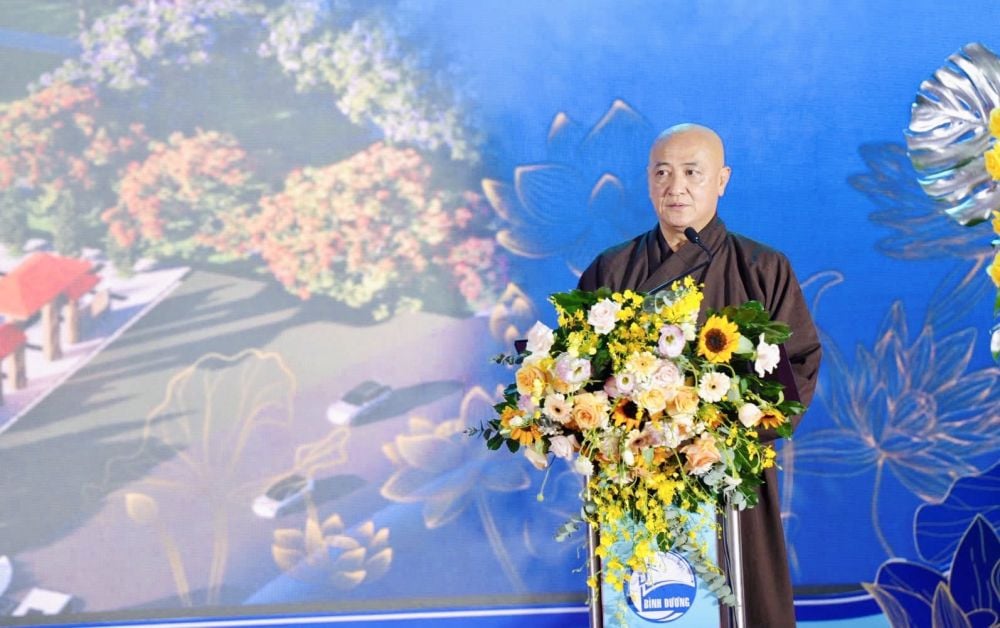
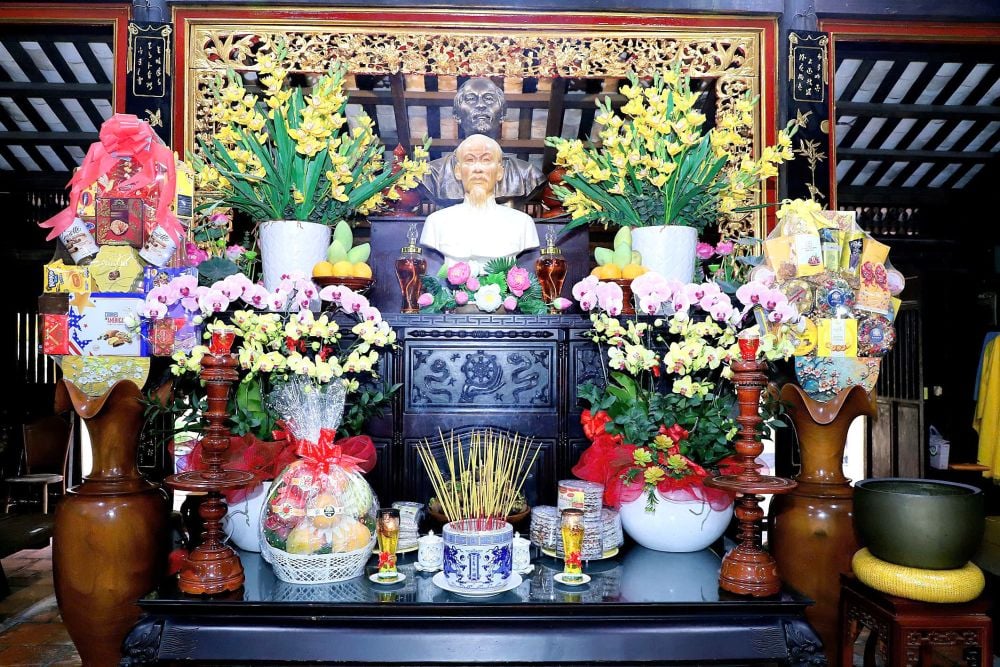
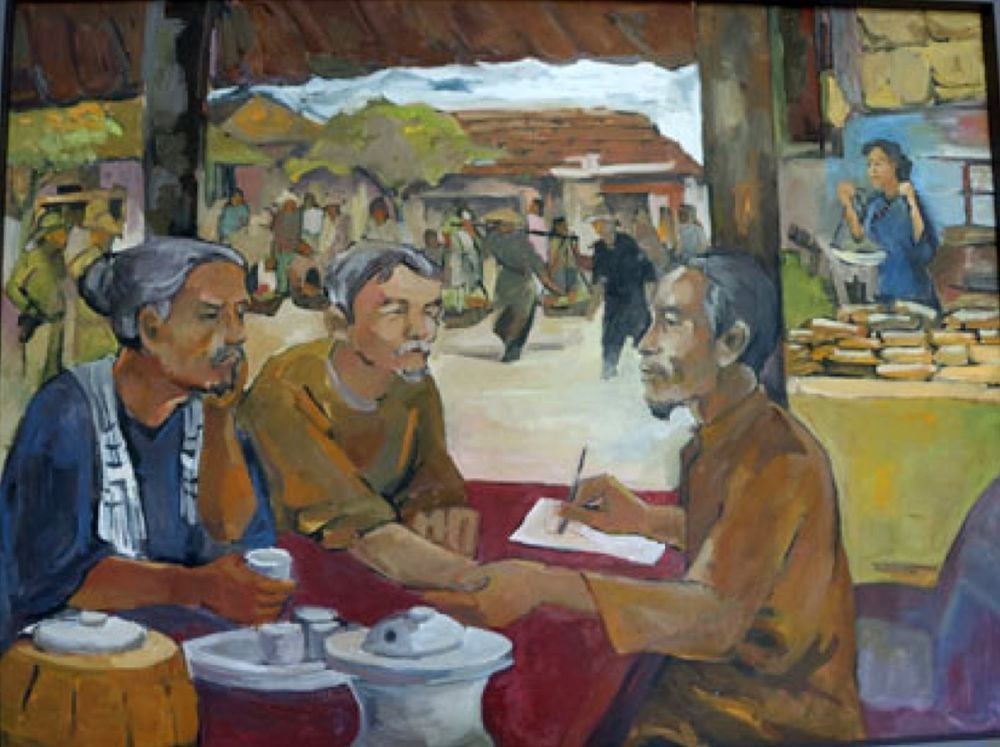
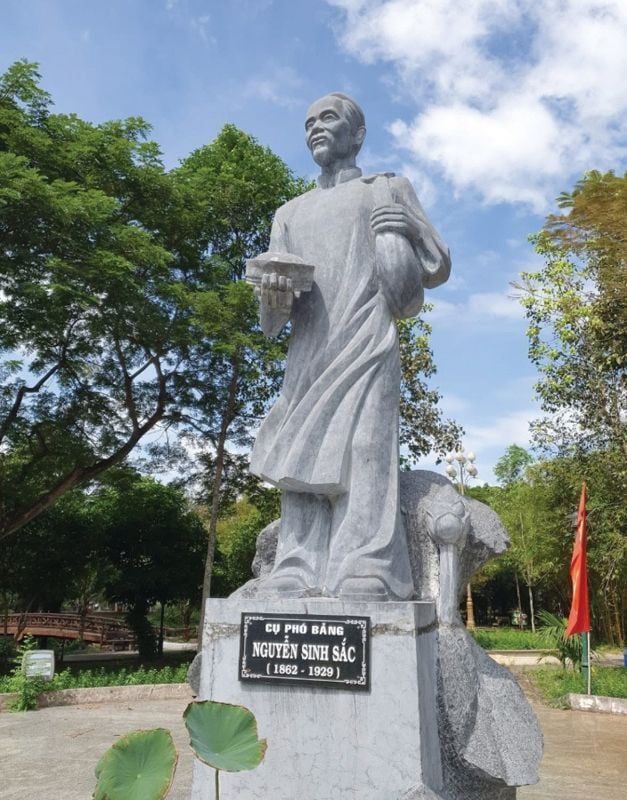
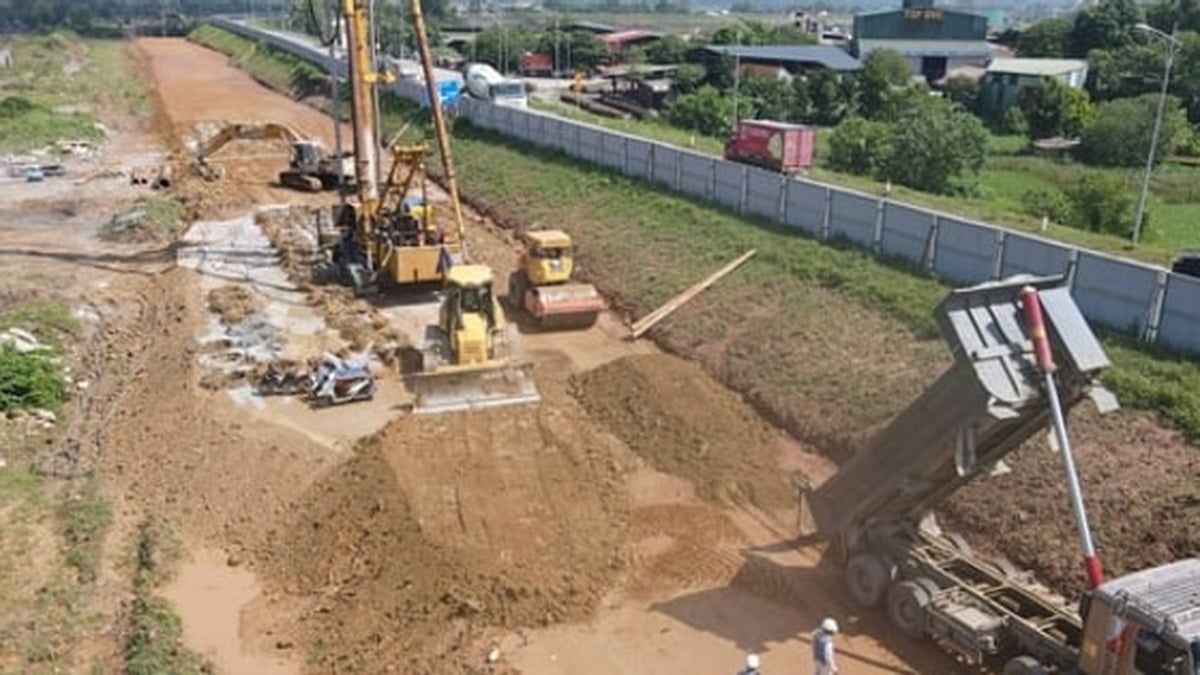
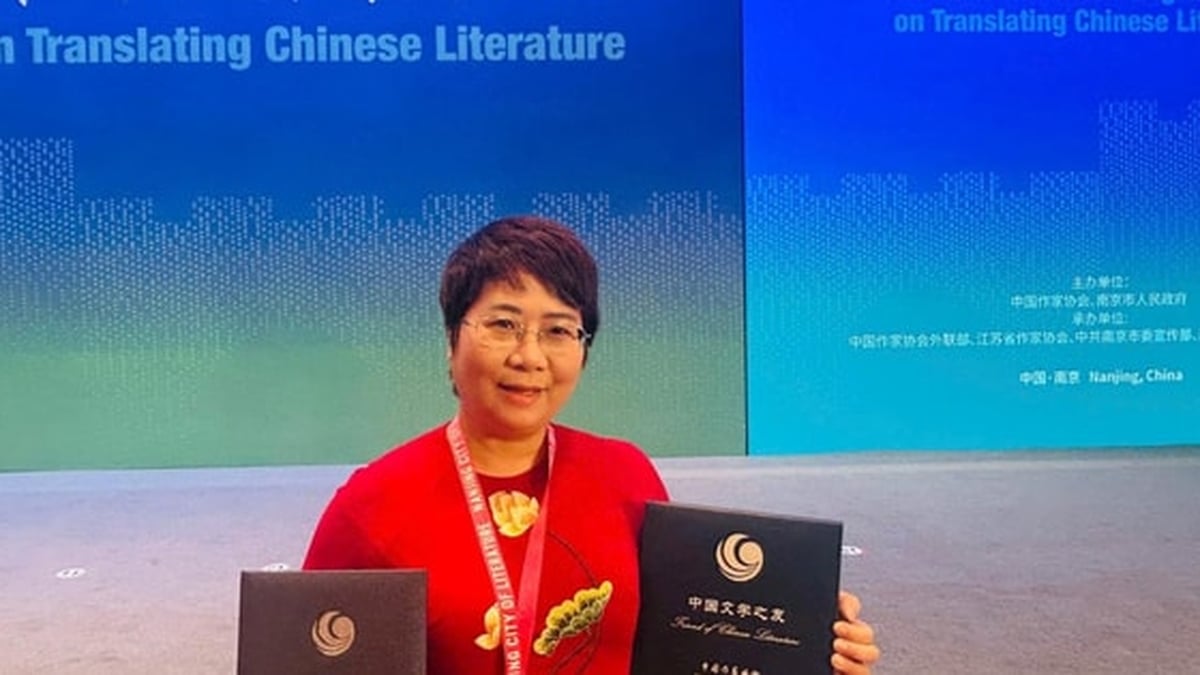
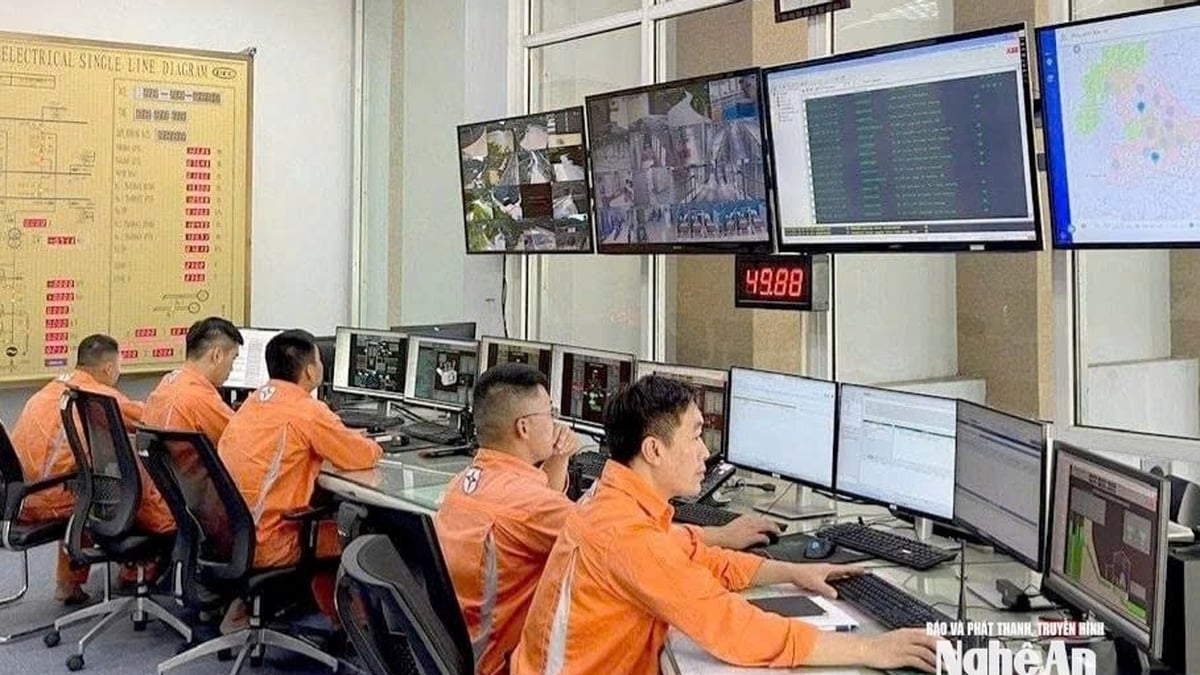
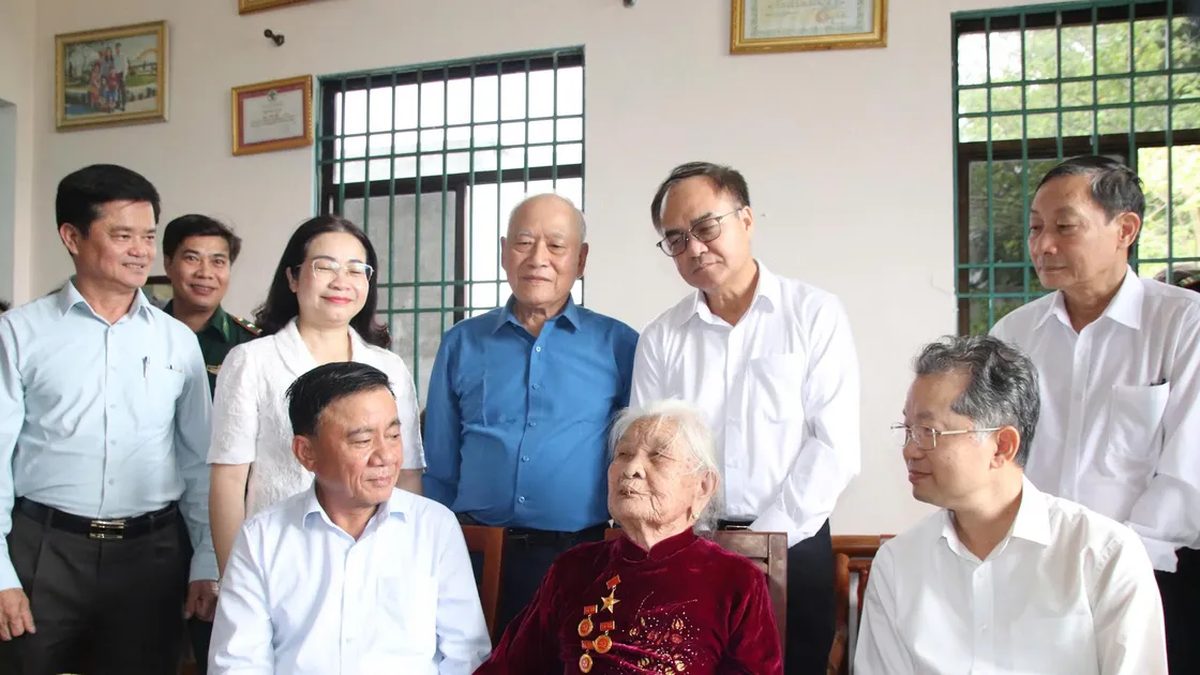
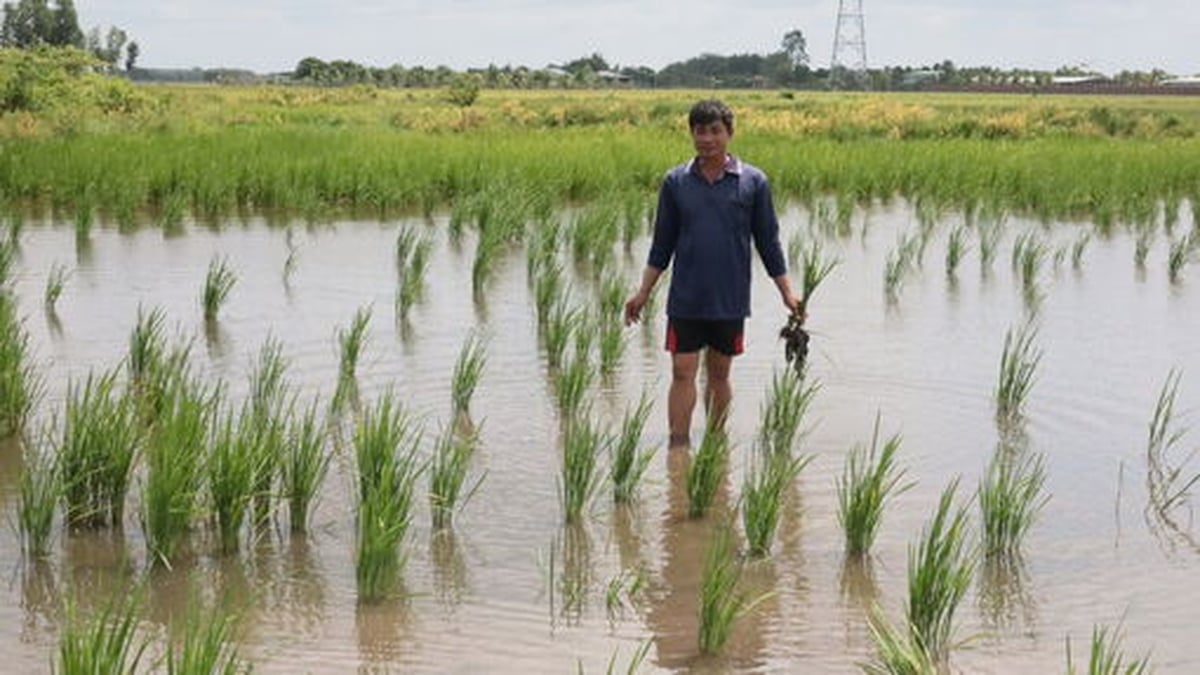
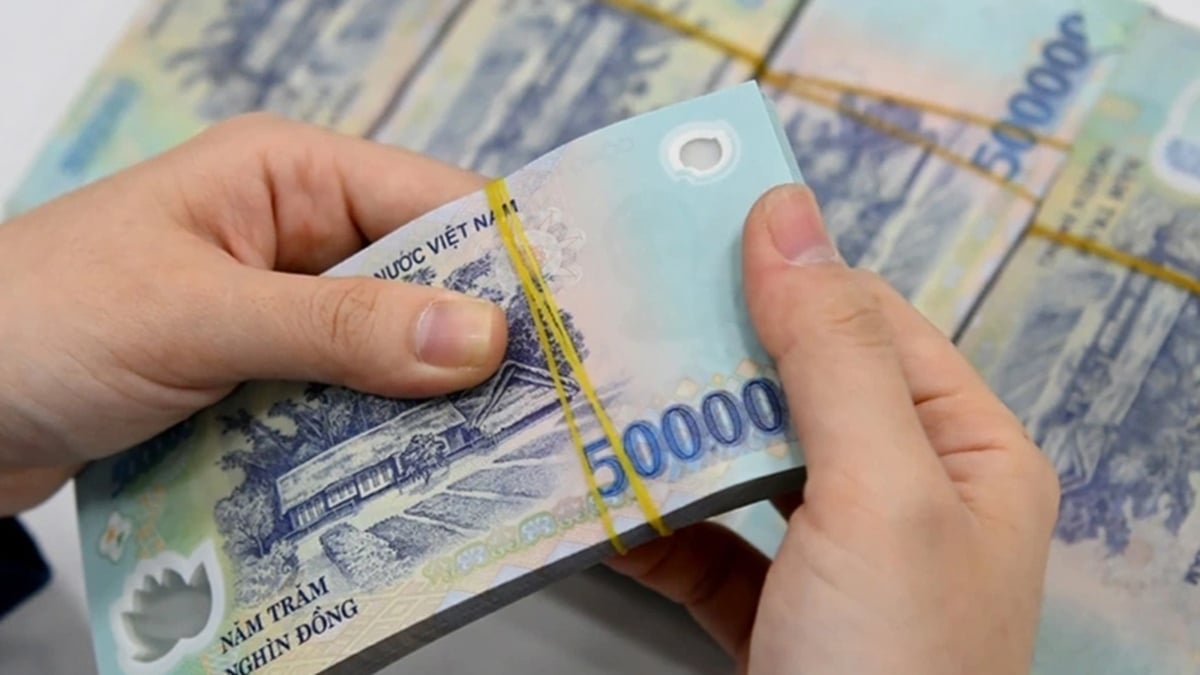
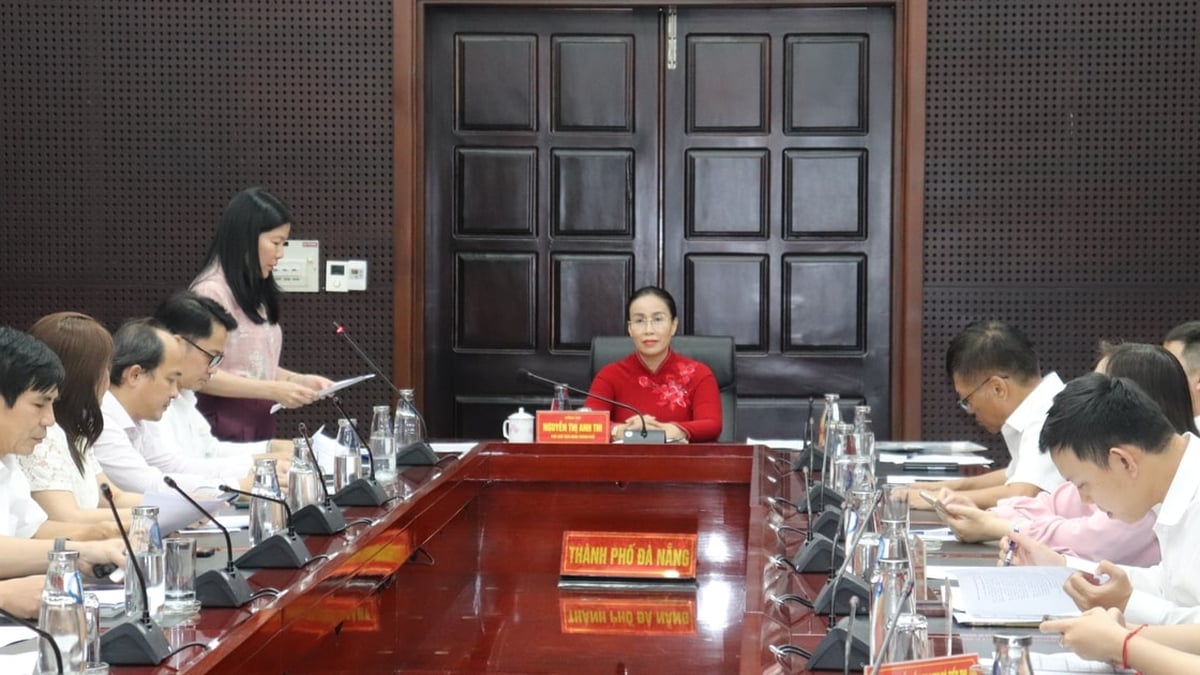
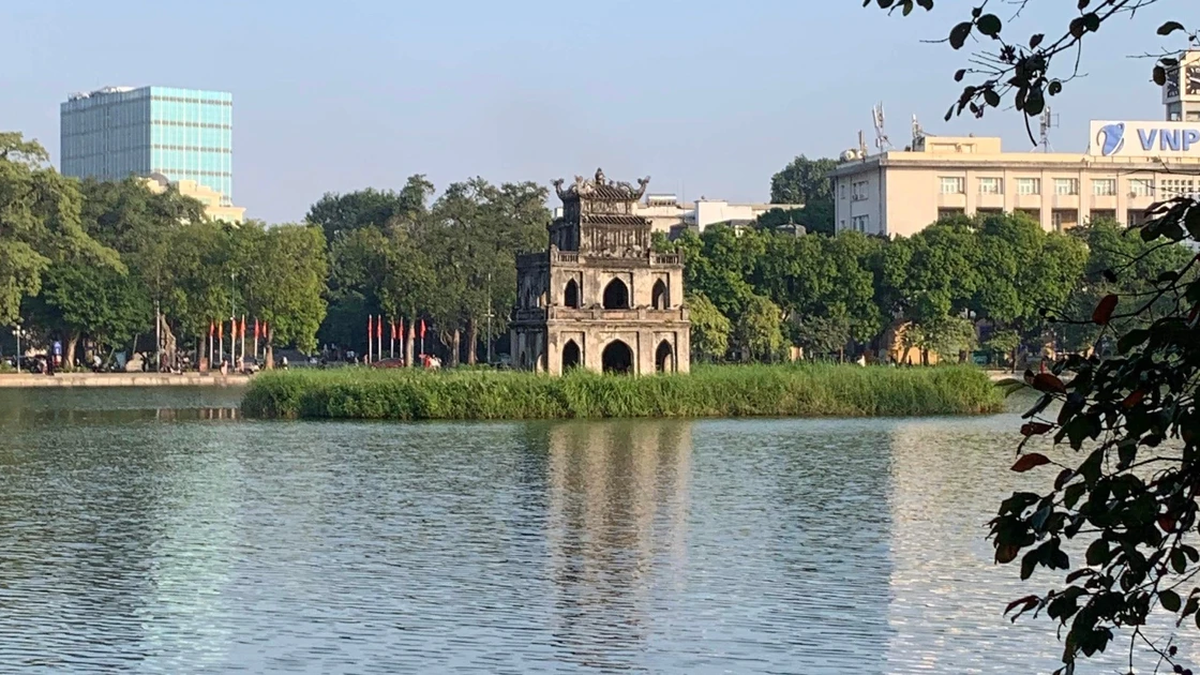
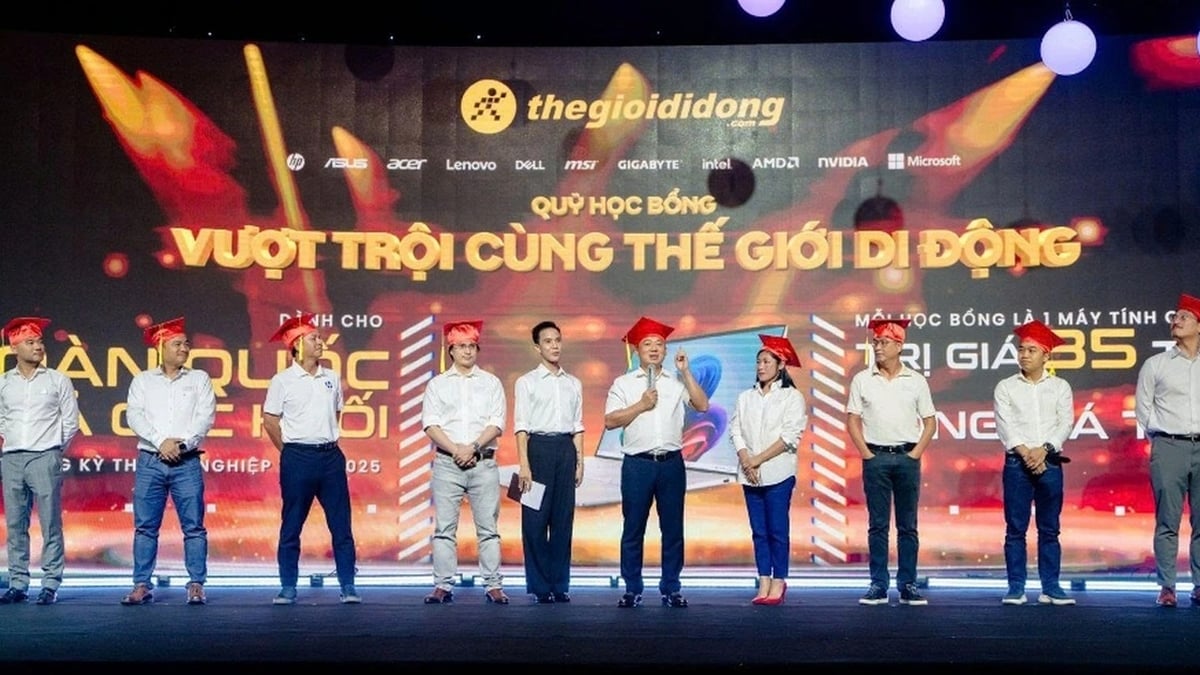
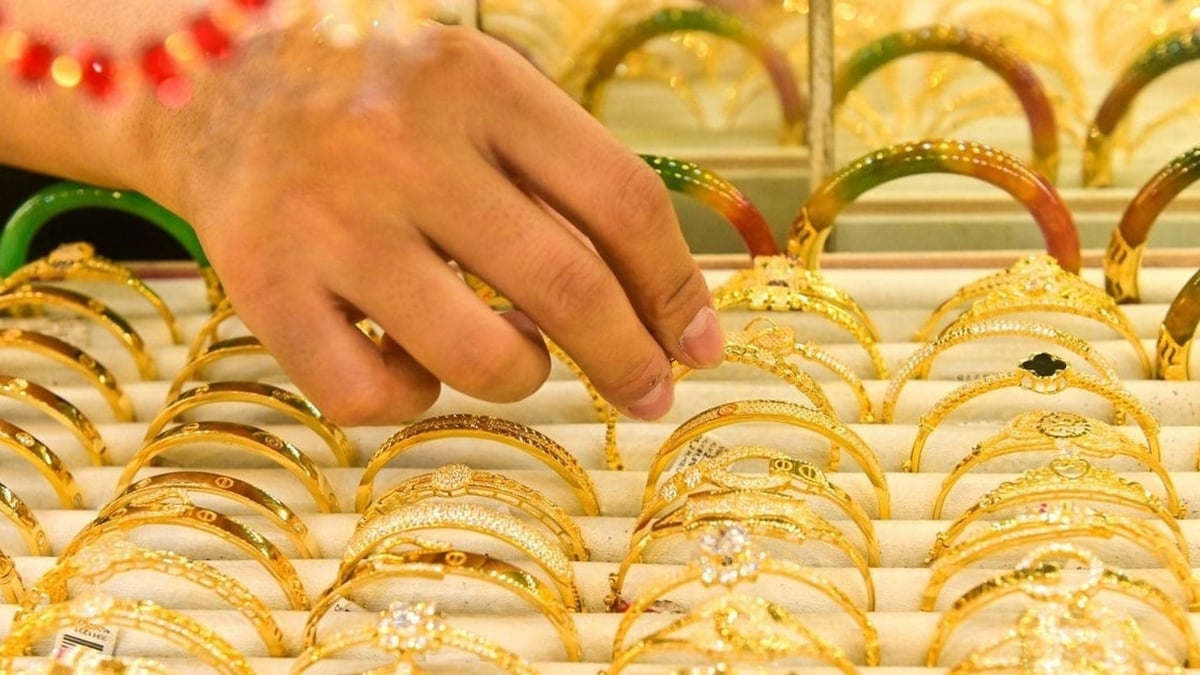











![[Photo] National Assembly Chairman Tran Thanh Man visits Vietnamese Heroic Mother Ta Thi Tran](https://vphoto.vietnam.vn/thumb/1200x675/vietnam/resource/IMAGE/2025/7/20/765c0bd057dd44ad83ab89fe0255b783)







































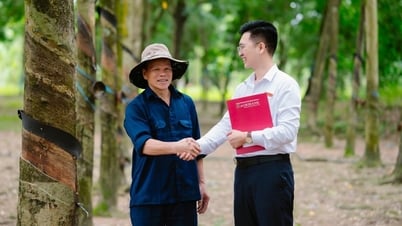







































Comment (0)